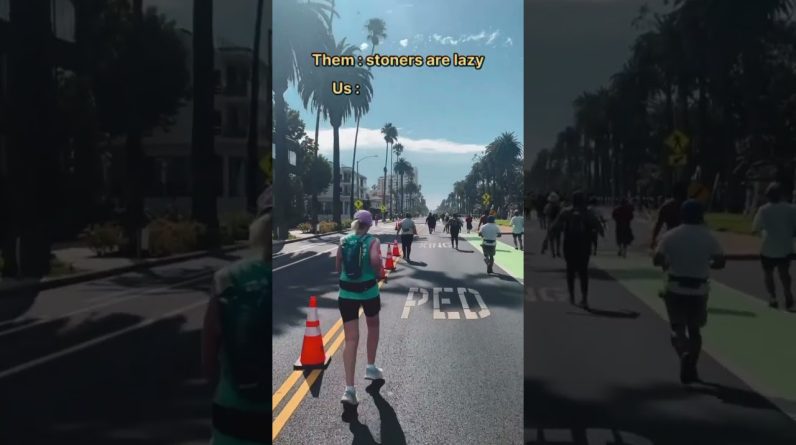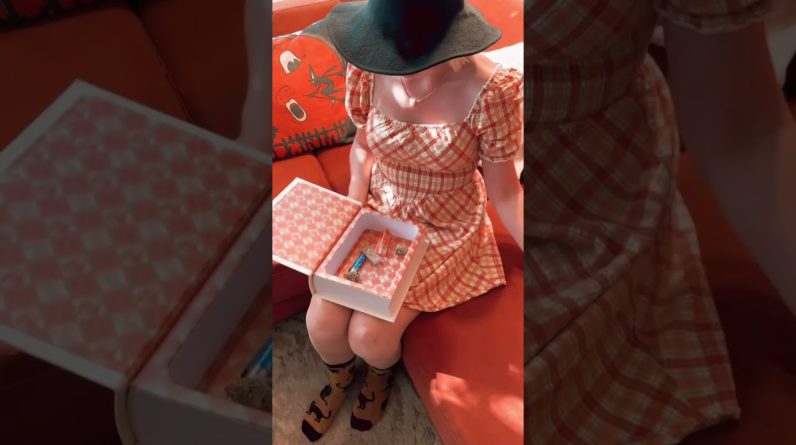Cannabidiol (CBD) is a non-psychoactive, natural compound obtained from the cannabis plant. The popularity of CBD is booming, owing to a heap of medicinal benefits for ailments such as chronic pain, anxiety, inflammation, insomnia and eczema. Could CBD also benefit the common condition known as Restless Legs Syndrome (RLS)? In short, the answer is yes! CBD has the potential to offer relief from some RLS symptoms. In this article, we’ll explore further how CBD could help RLS, how to choose the best CBD oil for RLS and how best to use it to treat symptoms.
What is Restless Legs Syndrome?
RLS, also known as Willis-Ekbom Disease, is a neurological disorder that causes an irresistible urge to move your legs. The urge is usually accompanied by a crawling, tingling, or burning sensation in the legs which is typically most noticeable in the evenings and at night-time. RLS can occur at any age, but it is more common in adults over 40 years old. It affects up to 5-10% of people in the UK. Women are also more likely to experience RLS than men.
Restless Legs Syndrome is a chronic condition, which means that it can last for years or even decades. In some cases, the symptoms of RLS may come and go. However, for most people, the condition is progressive and gets worse over time. It can be difficult to fall asleep when suffering from RLS, often leading to fatigue and difficulty performing daily activities, alongside a decline in mental health.
Does CBD Help Restless Legs Syndrome?
There is no cure for RLS but there are treatments that can help relieve the symptoms. One promising treatment option is CBD. There are numerous ways in which this soothing, natural remedy can help symptoms of RLS when incorporated into a daily regime. RLS takes its toll on the body both physically and mentally; often leaving sufferers feeling fatigued, stiff, anxious, irritable and depressed. The Clinical Neurosciences Centre in Bordeaux found that 84% of people who used CBD felt calmer and more relaxed, almost immediately.
Cannabidiol works closely with the body’s endocannabinoid system to provide a shift in how the body responds to pain, inflammation and stress. Its calming and comforting properties can help relax both the body and mind, promoting a deeper night’s sleep and increased energy the following day. A healthier sleep-wake cycle can play a significant role in improving symptoms of mild-moderate RLS.
Some studies suggest a link between disrupted dopamine levels and RLS. One study showed that the use of cannabis is linked with a decreased dopamine synthesis capacity, which supports the theory that cannabinoids such as CBD are effective in treating RLS. (It’s important to note, however, that cannabis contains a number of cannabinoids, and more specific research on CBD and RLS is required to determine cannabidiol’s effects.)
CBD can be taken by RLS sufferers as a night oil to relax the mind and body and prepare them for sleep, or as a muscle balm as part of a deep, relaxing massage to concentrate on helping specific areas of the body to unwind.
While further studies are required before CBD can be conclusively confirmed as a medical treatment for RLS, early research is highly promising and validates anecdotal reports from regular users of CBD.
How to Use CBD for Restless Legs Syndrome
CBD-infused products come in a myriad of forms, including sublingual oils, muscle balms, gummies, creams and even bath bombs, so trying to find the best CBD products for Restless Legs Syndrome can be tricky. The most popular ways of using CBD are orally and topically. For RLS, topical CBD such as Relief + CBD Joint and Muscle Rub can be applied directly to the affected area and help to soothe and ease aching legs. The combination of pure CBD isolate, arnica, camphor and peppermint work rapidly to relieve the body. Combine this with Night + CBD Oil, taken sublingually to ease the mind and relieve tension, preparing for a sound night’s sleep to fully refresh the body and mind.

When using CBD for the first time, it is advisable to start with a low dose and go slowly. Gradually increase the dose if needed and carefully gauge your body’s response. Optimal CBD dosage varies from person to person due to several factors including body weight and metabolism.
Typically, CBD doses can be taken around four to six hours apart and at a time of day that suits you. Most people with RLS choose to take CBD before going to bed, which is when symptoms are usually at their worst. We recommend using CBD around one hour before bedtime if your goal is to alleviate night-time symptoms associated with RLS.

What to Look For
Bear in mind that not all CBD products are equal. When purchasing CBD, you should be looking for a high-quality product that has been independently tested by a third-party laboratory to ensure its purity and safety of the product. A trusted brand will be transparent about where their hemp is cultivated and able to provide third-party lab reports. Check online reviews of your chosen brand and be sure to look at the ingredient list in case the product has additional ingredients that you may be allergic to.
Side Effects
CBD is considered a safe supplement, according to the World Health Organisation (WHO). If side effects are experienced, they are typically mild. They may include:
- Drowsiness
- Nausea
- Diarrhoea
CBD might interact with some medication, so it’s advisable to talk to your GP before trying it.
Final Thoughts
RLS is a neurological condition that affects up to 10% of the population. It is characterised by an overwhelming urge to move the legs and often a tingling, itching or burning sensation that can affect sleep and daily life, in some severe cases. While CBD does not constitute a cure for RLS (there is no cure for the condition), it may help relieve some of the symptoms thanks to its slew of calming and soothing benefits. CBD can relax the muscles, ease pain and inflammation, promote deeper sleep and improve mood. While further studies on CBD and RLS are necessary, early evidence – in addition to anecdotal evidence – shows encouraging results.
Source: https://www.missionc.com/blogs/news/cbd-for-restless-legs-syndrome





